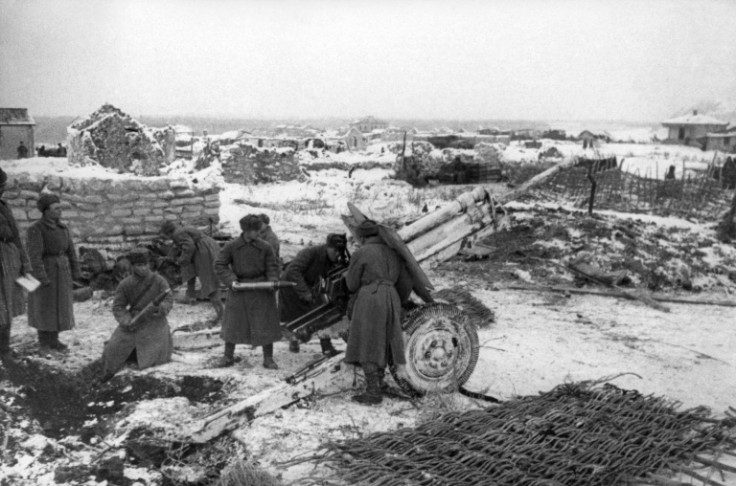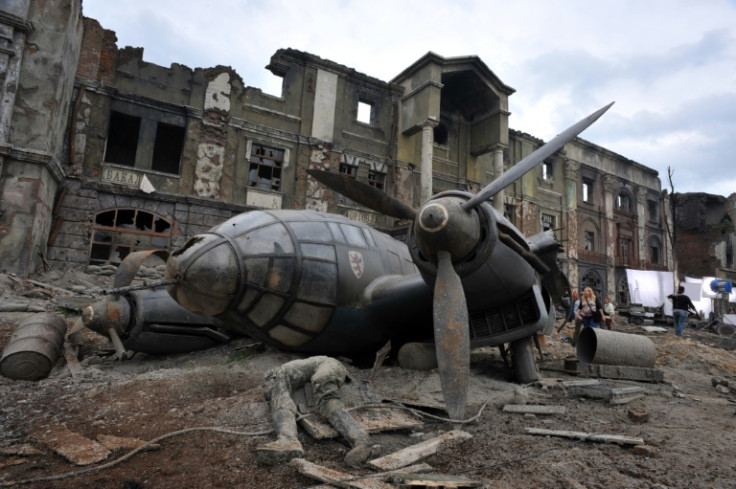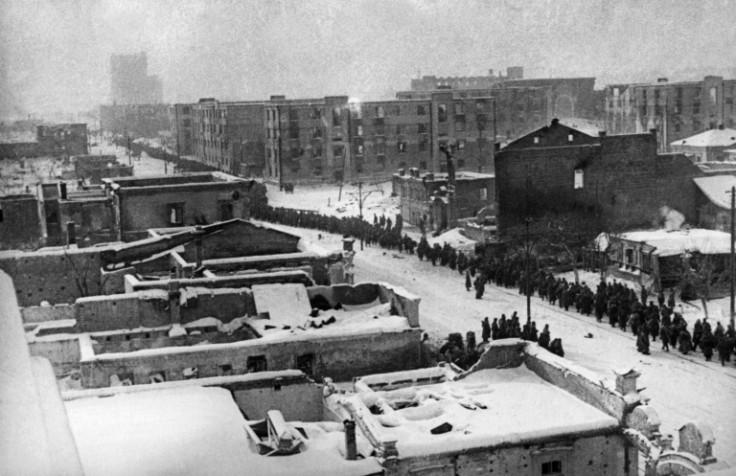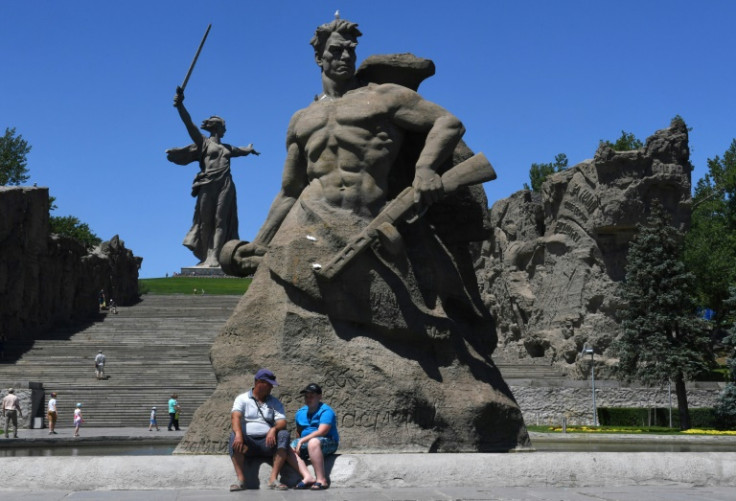Stalingrad: 80 Years Ago, A Victory That Changed World War II

The Battle of Stalingrad, which turned the tide of World War II 80 years ago when German forces capitulated to the Red Army, remains a powerful symbol of patriotism in Russia as it presses its war in Ukraine.
One of the largest battles in history, the fighting raged for more than six months in 1942 and 1943 before the Russians defeated Nazi soldiers trapped in the ruined city in the depths of winter.
By the time it was over, on February 2, 1943, between one and two million people had died.
The first-ever surrender by the Nazis was glorified in Russia as the event that rescued Europe from Adolf Hitler.
Today, some of the most enthusiastic supporters of President Vladimir Putin's war in Ukraine are to be found in Stalin's so-called "Hero City" of Stalingrad, now called Volgograd.
Located some 900 kilometres (559 miles) southeast of Moscow, pre-war Stalingrad was a crucible of Soviet industry with factories in the city of 600,000 people churning out military hardware.
Stalingrad also acted as a gateway to the oil fields of the Caucasus as well as to Central Asia and the Caspian Sea.
For Hitler, who had in June 1941 pulled out of a German-Soviet non-aggression pact, its name alone made it a tantalising target and worthy of an epic fight.
The battle began in July 1942 and lasted for 200 days of grinding aerial bombardments and house-to-house fighting between the Germans on one hand and Soviet soldiers and civilians on the other.
The Soviets were under strict orders from Stalin to stand their ground. "Not a single step back," he ordered, warning that troops who retreated would be shot.
The 6th Army of German general Friedrich Paulus managed to gain control of 90 percent of the city.
But in November, the Red Army staged a forceful counter-offensive, overcoming the enemy troops who were trapped and left to starve in the Soviet winter.
In January 1943, the Soviets launched a final offensive, retaking the ruined city district by district until the last German troops capitulated on February 2, 1943.
Originally called Tsaritsyn, the city became Stalingrad during Soviet dictator Joseph Stalin's rule in 1925.
As part of the "de-Stalinisation" process launched by his successor Nikita Khrushchev, the newly rebuilt city was renamed Volgograd in 1961.
In 2013, lawmakers in the city voted to revive the name Stalingrad for ceremonial purposes six days a year, including February 2, to commemorate the Nazi surrender, and May 9, to mark the final Soviet victory over Nazi Germany in 1945.
The city is steeped in nostalgia for the former Soviet Union, fuelling a brisk business in historical tourism.
Looming large over the city is a hilltop memorial to the battle that includes a towering 85-metre (279-foot) sculpture of a woman with a raised sword, known as "The Motherland Calls".
"Defenders of Stalingrad have passed a great heritage to us: love for the Motherland, readiness to protect its interests and independence, to stand strong in the face of any test," Putin said in 2018 on the 75th anniversary of the surrender.
The battle has been the inspiration of several films, from German director Joseph Vilsmaier's "Stalingrad", a brutal depiction of the battle as seen by German troops, to Russian director Fyodor Bondarchuk's 2013 take on the Soviet experience.
In literature it inspired Vasily Grossman's acclaimed 1960 masterpiece "Life and Fate", which was banned in the Soviet Union for over quarter of a century for drawing a line between Stalinism and Nazism.
In popular culture, Sergeant Yakov Pavlov, one of the battle's heroes, appears in the cult video game "Call of Duty".



© Copyright AFP 2024. All rights reserved.




















